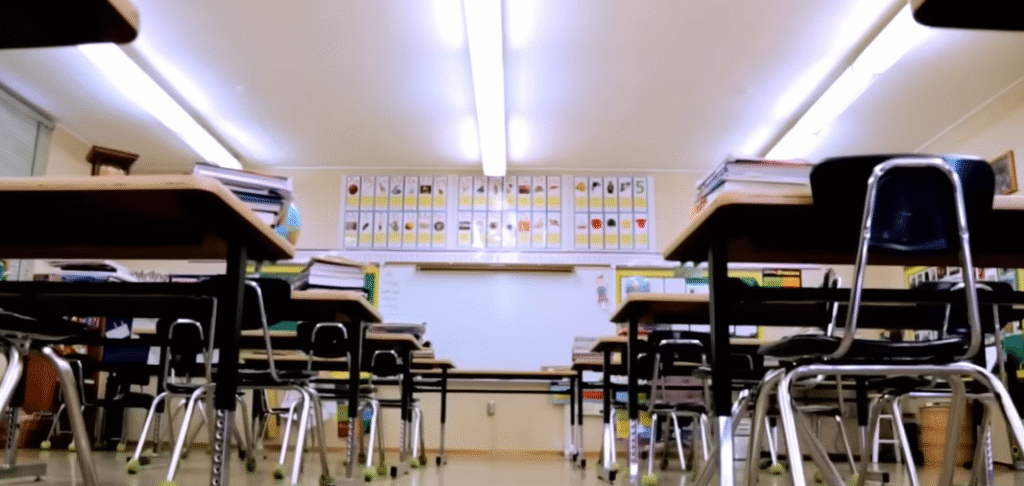In addition to its astounding $1.4 billion verdict, the Sandy Hook lawsuit is still remembered as a turning point in contemporary legal and media history due to its moral significance. The case against Alex Jones, a prominent figure in online broadcasting, brought to light the devastating effects of intentionally spreading false information. Not only did his conspiracy-laden assertions that the Sandy Hook Elementary School shooting in 2012 was a hoax offend the bereaved, but they also put them in danger. Parents who had lost their kids were subjected to cruel mockery, threats, and harassment.
Jones’s rhetoric was extremely damaging—not because it was clever, but rather because it persisted. He referred to the relatives of the victims as “crisis actors” and reiterated that the tragedy was staged via his Infowars platform. Delivered to millions, the lies spread more quickly than the truth could resurface. Some of these families were stalked, while others had to relocate, and they endured unspeakable abuse for years. What started out as internet gossip turned into protracted psychological torture.
When those same families decided that silence was unacceptable, that was the pivotal moment. They reclaimed their right to mourn without hindrance and attempted to bring the truth back by bringing legal action. The Connecticut and Texas cases turned into turning points in the fight against defamation. Judge Barbara Bellis, who was in charge of the Connecticut case, determined Jones was liable by default after he consistently disregarded discovery orders and concealed evidence. Her decision was very strict, describing his obstruction pattern as both willful and defiant.
Case Overview – Sandy Hook Lawsuit
| Category | Details |
|---|---|
| Incident | Sandy Hook Elementary School Shooting (December 14, 2012) |
| Location | Newtown, Connecticut, United States |
| Victims | 26 killed – 20 children and 6 educators |
| Defendant | Alex Jones, founder of Infowars |
| Plaintiffs | Families of Sandy Hook victims and an FBI agent |
| Lawsuit Type | Defamation and emotional distress |
| Damages Awarded | $965 million in compensatory and $473 million in punitive damages |
| Final Judgment | $1.4 billion (upheld October 2025 by U.S. Supreme Court) |
| Legal Outcome | Jones found liable by default; appeals rejected |
| Reference | BBC – Sandy Hook Lawsuit |

Following that, a six-member jury decided on damages, finding hundreds of millions in punitive fines and nearly $1 billion in compensatory payments. Not only was the sum of $1.4 billion symbolic, but it also set a precedent. It suggested that even though free speech is strongly protected, it does not give one unlimited permission to lie. Remarkably successful in its reach, the verdict emphasized that spreading false information that causes quantifiable harm is not a journalistic act but rather a moral and legal transgression.
Alex Jones made an effort to defend himself by arguing that his remarks qualified as political commentary and citing the First Amendment. But he didn’t have a coherent argument. The courts ruled that his actions were neither journalistic nor unintentional. Instead, it was deliberate exploitation—using tragedy as a weapon to sell goods, capitalize on outrage, and gain support. The U.S. Supreme Court declined to review the case in October 2025, and the Connecticut Appellate Court also ultimately denied his appeal.
That ruling, which was particularly final, made the Sandy Hook case one of the biggest defamation verdicts in American history. It was characterized as a watershed moment for digital accountability by legal experts. The age of unbridled conspiracies may finally be coming to an end, as it proved. The decision was about restoration as much as punishment, providing bereaved families with a tiny bit of justice that had been cruelly withheld for over ten years.
Jones soon fell into financial ruin. His business, Free Speech Systems, filed for bankruptcy. Creditors found that in a desperate effort to avoid payment, he had moved assets to friends and family. On the grounds of discrepancies and hidden transfers, bankruptcy judges rejected a number of proposed settlements. Attorneys for the Sandy Hook families pledged to take all legal action to guarantee enforcement, stating that devious accounting cannot evade responsibility.
The lawsuit has wider implications for many Americans regarding communication responsibility. Although the internet has given everyone a voice, not everyone uses it sensibly. Conspiracy theorists can quickly reach millions of people by using social media and online platforms to spread rumors that have the potential to do actual, quantifiable harm and spread false information. Words can cause more damage than weapons when they are used improperly, as the Sandy Hook verdict brought to light.
This case has a strikingly similar cultural resonance to defamation lawsuits against celebrities like Johnny Depp and Amber Heard, or even lawsuits against Fox News for spreading false information during elections. However, the seriousness of the Sandy Hook case makes it stand out. Truth itself, grief, and dignity were more important than reputation. When moral clarity and collective perseverance are combined, justice can be achieved, even if it takes time. The families’ bravery became especially inspiring.

